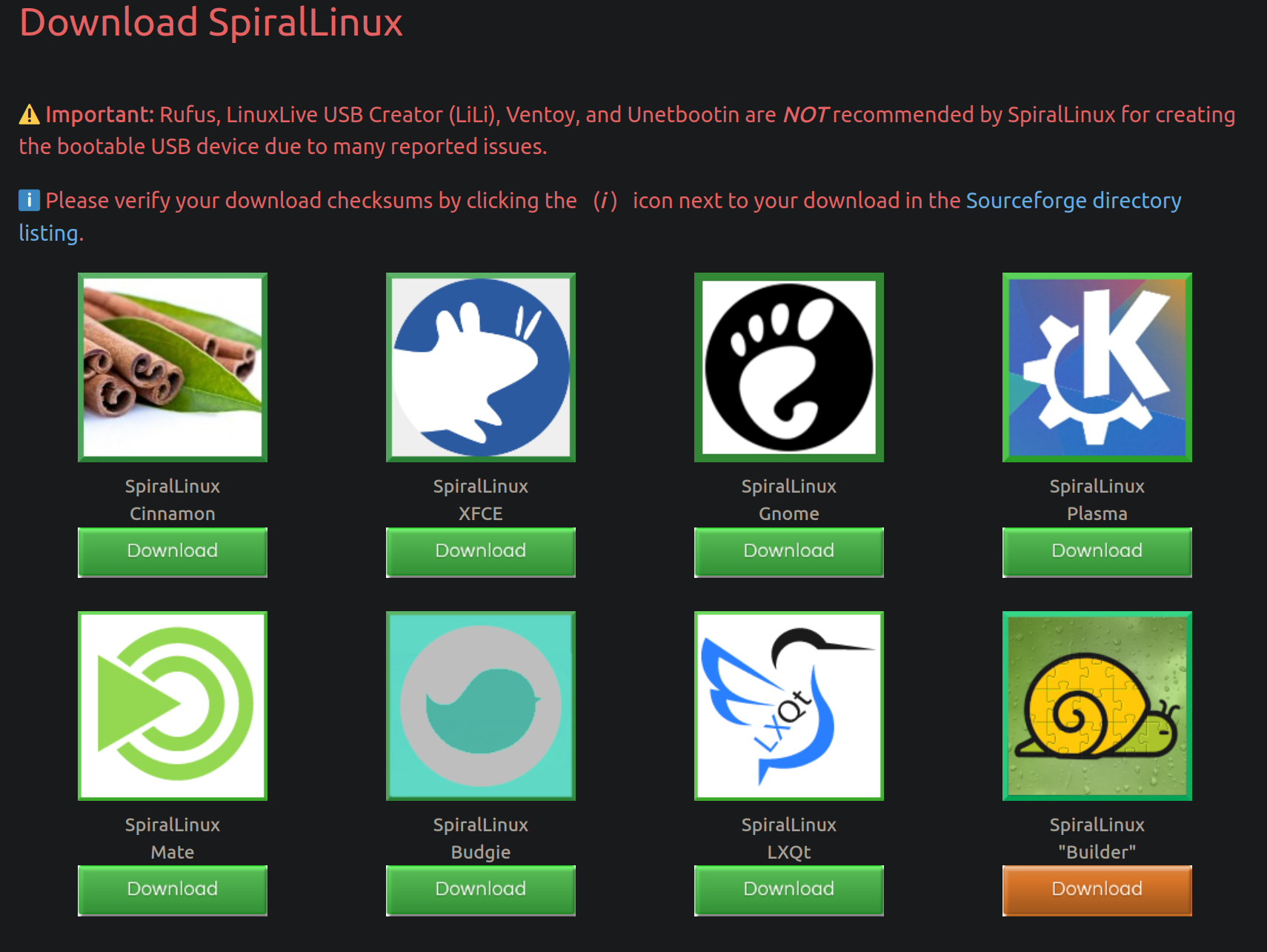this post was submitted on 08 Oct 2023
141 points (98.0% liked)
Linux
47231 readers
1218 users here now
From Wikipedia, the free encyclopedia
Linux is a family of open source Unix-like operating systems based on the Linux kernel, an operating system kernel first released on September 17, 1991 by Linus Torvalds. Linux is typically packaged in a Linux distribution (or distro for short).
Distributions include the Linux kernel and supporting system software and libraries, many of which are provided by the GNU Project. Many Linux distributions use the word "Linux" in their name, but the Free Software Foundation uses the name GNU/Linux to emphasize the importance of GNU software, causing some controversy.
Rules
- Posts must be relevant to operating systems running the Linux kernel. GNU/Linux or otherwise.
- No misinformation
- No NSFW content
- No hate speech, bigotry, etc
Related Communities
Community icon by Alpár-Etele Méder, licensed under CC BY 3.0
founded 5 years ago
MODERATORS
you are viewing a single comment's thread
view the rest of the comments
view the rest of the comments

I completely missed the Wiki 🤦♂️. Sorry for the redundant questions.
I am actually not that much concerned with general OS updates - as you say, those systems are not heavily used and more or less isolated. BUT they are still used for web browsing. So the browser should be patched as good as possible.
I'll give SpiralLinux a try in a VM to get a feeling for it. Maybe paired with the automatic update daemon I could then forget about the PC(s) in question for the next few years until a major version change is necessary (which then hopefully can be done remote as per your Wiki page).
Another option might be to uninstall the DEB version of Firefox and install a browser from Flathub, and configure Gnome Software or KDE Discover to automatically download and install updates for Flatpaks.
Uh, clever idea. Thanks!